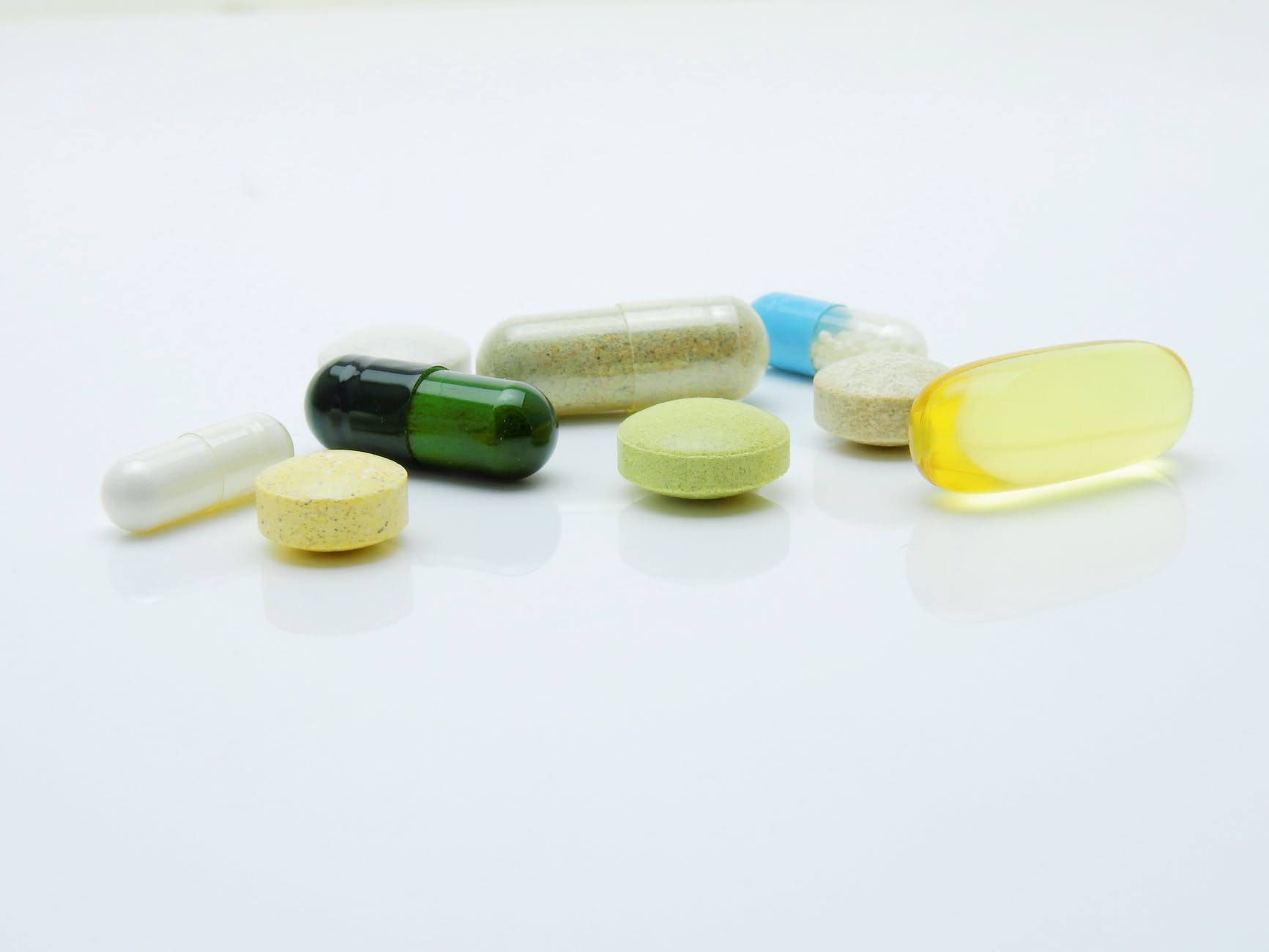 There are millions of people every single year that have issues with substance and addiction. When someone has an addiction to drugs, they may lose all control over their life. Addictions take a toll on the user’s life and on the lives of their loved ones too. It is a challenge to deal with and overcome addiction. When someone had a mental health illness, on top of the addiction, things can get even more complicated. Having both a drug or alcohol addiction, along with a mental health illness, is called a dual diagnosis. Sometimes it is called a co-occurring disorder as well. It can be extremely overwhelming to have a dual diagnosis. You may not know what to treat first, where to go for treatment, or how to manage any of it. You don’t need to worry. There are specialty professionals who can help in managing and treating the dual diagnosis.
There are millions of people every single year that have issues with substance and addiction. When someone has an addiction to drugs, they may lose all control over their life. Addictions take a toll on the user’s life and on the lives of their loved ones too. It is a challenge to deal with and overcome addiction. When someone had a mental health illness, on top of the addiction, things can get even more complicated. Having both a drug or alcohol addiction, along with a mental health illness, is called a dual diagnosis. Sometimes it is called a co-occurring disorder as well. It can be extremely overwhelming to have a dual diagnosis. You may not know what to treat first, where to go for treatment, or how to manage any of it. You don’t need to worry. There are specialty professionals who can help in managing and treating the dual diagnosis.
Basics of a Dual Diagnosis
There are many ways in which a dual diagnosis can be formed. This is because there are many substances which someone can become addicted to and many mental health illnesses someone could have as well.
Some of the substances one may become addicted to that fall into the dual diagnosis category include:
- Prescription drugs
- Opioids
- Stimulants
- Hallucinogens
- Depressants
- Inhalants
- Marijuana
- Heroin
- And others…
Also, those with a dual diagnosis may have any number of mental health illnesses including:
- PTSD
- Bipolar disorder
- Schizophrenia
- Depression
- Anxiety
- Panic disorder
- Depersonalization disorder
- Narcolepsy
- And more…
If you suffer from any of the above addictions and have a mental health illness, there is specialized dual diagnosis treatment available.
Ways Dual Diagnosis Disorders Affect One Another
It may be simple to recognize whether someone has an addiction or even a mental health illness. However, it can be a bit more difficult to identify exactly how these substances and mental health illnesses affect one another. Some of the relationships with these drugs and mental health illnesses are:
- Self-Medication: Some people use drugs for self-medicating. They may have a mental health illness that is either under-treated or untreated. Using drugs may be their way to reduce the symptoms. Self-medicating might help them to reduce the symptoms, but it doesn’t make the mental health illness any better, only worse.
- Worsening the Mental Health Illness: Taking drugs when you have a mental health illness can make the symptoms of that illness much worse. Drugs affect the brain and the pathways from the brain through the body. Taking drugs, especially when abusing them, can cause someone to be pushed into a psychologically vulnerable position. This can happen when the user takes the drugs and when they go through withdrawal.
- Developing a Mental Health Illness: Not only can abusing drugs worsen a mental health illness, but it can develop one as well. If someone doesn’t have a mental health illness, one can develop after abusing drugs for some time. Drugs have side effects that are often unpredictable and can be severe. Even if someone has been abusing the same drug for years, they can still develop a mental health illness from continued use.
 If you have been abusing any types of drugs and experienced worsened symptoms of a mental health illness, or even the start of a mental health illness, it is essential to seek treatment immediately. Drug abuse and mental health illnesses never mix well.
If you have been abusing any types of drugs and experienced worsened symptoms of a mental health illness, or even the start of a mental health illness, it is essential to seek treatment immediately. Drug abuse and mental health illnesses never mix well.
Dual Diagnosis Treatment Options
Suffering from drug addiction and a mental health illness is tough. However, the sooner you seek out treatment for both of these disorders, the sooner you can regain control over your life. There are many different treatment options available for dual diagnosis disorders. Some of these options include:
- Integrated Treatment: With this treatment, there is a comprehensive approach taken for dual diagnosis disorders. The patient gets treatment simultaneously for both the addiction and mental health illness. The medical professionals who treat them specialize in treating various addictions and mental health illnesses as well.
- Parallel Treatment: Another one of the dual diagnosis treatment options is parallel treatment. The patient gets treatment for the addiction and mental health illness simultaneously. However, the treatment is done by different types of professionals, some who specialize in treating addiction and some who specialize in treating mental health illnesses.
- Sequential Treatment: Dual diagnosis disorders can also be treated with this type of treatment. The approach was the most common for a long time. It involved the patient being treated for either the mental health illness first or the addiction first. The other disorder is treated afterward. The treatments being given might be done at the same center, or they could be done at separate locations.
Each of the dual diagnosis treatment options has their own set of specific benefits. Are you unsure of which type of treatment is the best in your case? You can always speak to a professional, to figure out the best course of action.
LOOKING FOR A MENTAL HEALTH SERVICE PROVIDER: FIND ONE ON MEDIHOO
Getting the Necessary Help for Your Dual Diagnosis Disorder

You are not alone. There are millions who have a dual diagnosis disorder. Some people are addicted to heroin and have PTSD. Others are addicted to opiates and suffer from an anxiety disorder.
There are others who are addicted to inhalants who also suffer from depression. There is a range of drugs being abused by people who have a mental health illness. There are also many drugs that are causing mental health illnesses as well. You can get the necessary help needed for your dual diagnosis disorder. No matter what type of dual diagnosis treatment you receive, there are professionals who are here to help.
You don’t have to continue suffering from an addiction and a mental health illness. Make today the day you reach out for help. Make today the day you decide to take control over your life. You can save yourself from the chaos of a dual diagnosis disorder with the proper help. Make the call today to turn things around.
We thank the guest blogger who has written this article for helping to increase awareness about this topic!
If you also would like to write a guest-blog-post contact us:
[contact-form-7 404 "Not Found"]